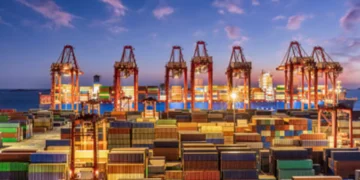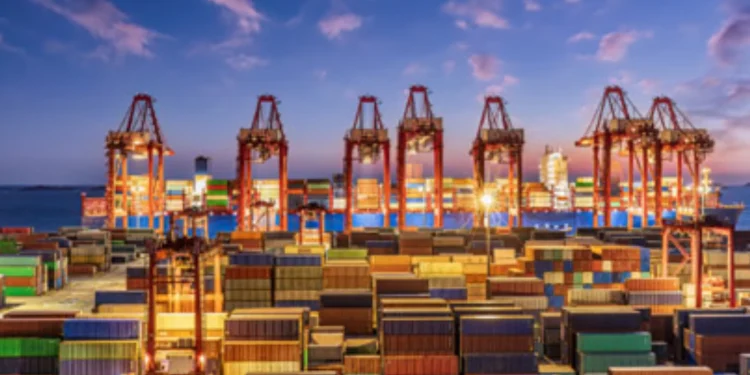The future of freight forwarding and logistics is rapidly evolving, with BIFA’s latest report highlighting key trends and challenges shaping the industry in 2025. From digital transformation to sustainability, the sector is poised for significant change.
Key Trends Driving Change
1. Digital Transformation
The integration of AI, blockchain, and automation is revolutionizing supply chain management. Real-time tracking, predictive analytics, and digital freight platforms are boosting efficiency and transparency across operations.
2. Sustainability in Focus
The push for greener logistics is reshaping the industry. Investments in low-emission vehicles, renewable energy, and route optimization are helping companies reduce their environmental impact while meeting regulatory requirements.
3. E-Commerce Expansion
With e-commerce demand surging, freight forwarders are prioritizing last-mile delivery solutions and flexible warehousing to handle the growing volume of shipments.
4. Geopolitical Adaptation
Geopolitical shifts and trade policy changes are driving logistics companies to diversify their routes and expand into emerging markets for stability and growth.
Challenges Ahead
- Labor Shortages: The demand for skilled logistics professionals, particularly in technology-focused roles, is increasing.
- Infrastructure Gaps: Outdated infrastructure in key regions slows freight movement and adds to operational inefficiencies.
- Rising Costs: Volatility in fuel prices and compliance with stricter regulations are driving up expenses.
Opportunities for Growth
Embracing Technology
Companies that adopt digital freight solutions and enhance supply chain visibility are gaining a competitive advantage in a crowded market.
Tapping Into Emerging Markets
Asia, Africa, and Latin America present vast opportunities for freight forwarders seeking new business avenues.
Collaboration is Key
Strategic partnerships between forwarders, carriers, and technology providers are unlocking innovative solutions to complex supply chain challenges.
The Road Ahead
Freight forwarding in 2025 is defined by resilience, innovation, and sustainability. Companies that embrace digitalization, prioritize green practices, and adapt to global trade shifts will lead the way in shaping the future of logistics.
#FreightForwarding #Logistics2025 #TheLogisticNews #DigitalLogistics #SustainableSupplyChains #GlobalTrade #ECommerceLogistics #GreenLogistics






















